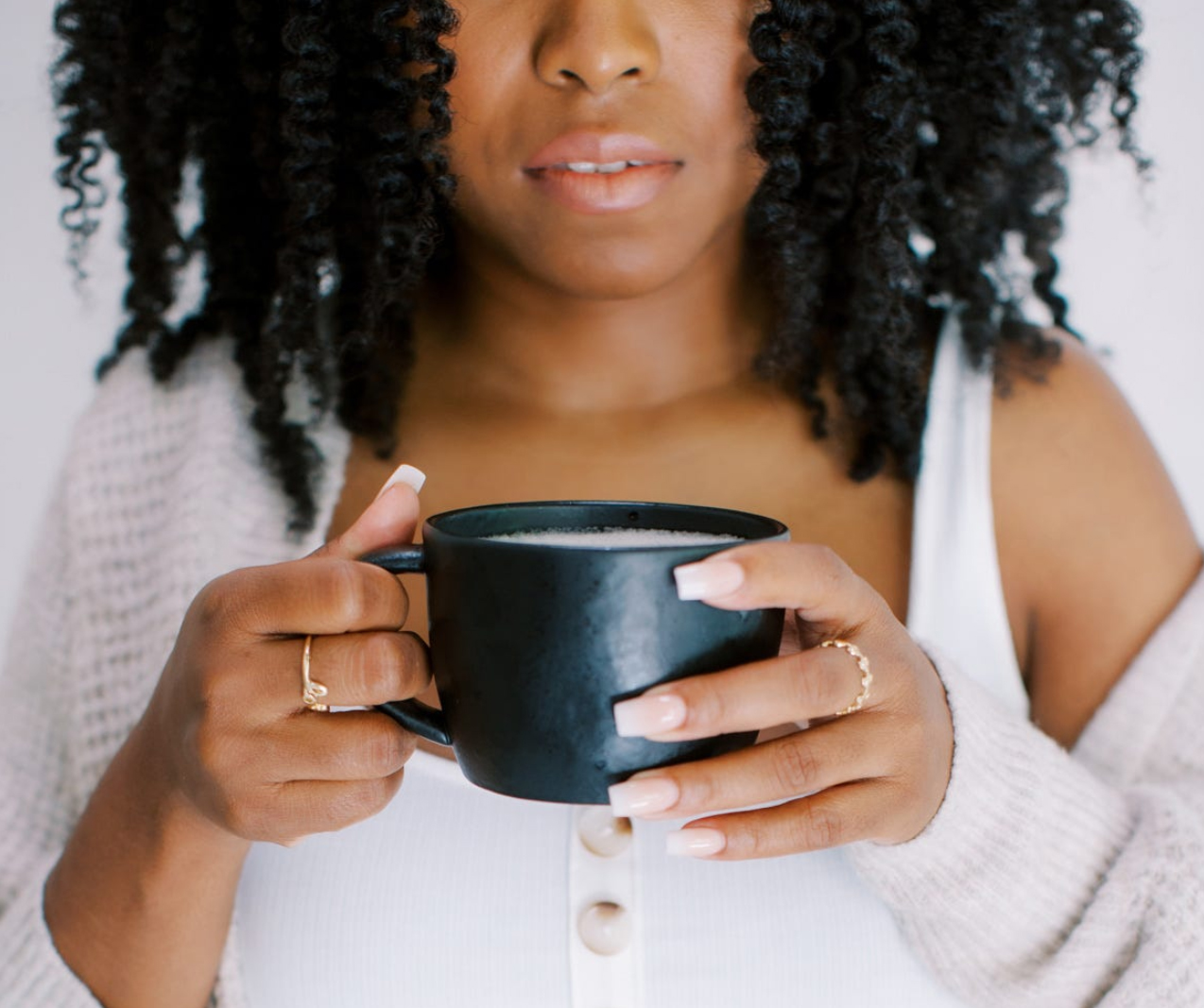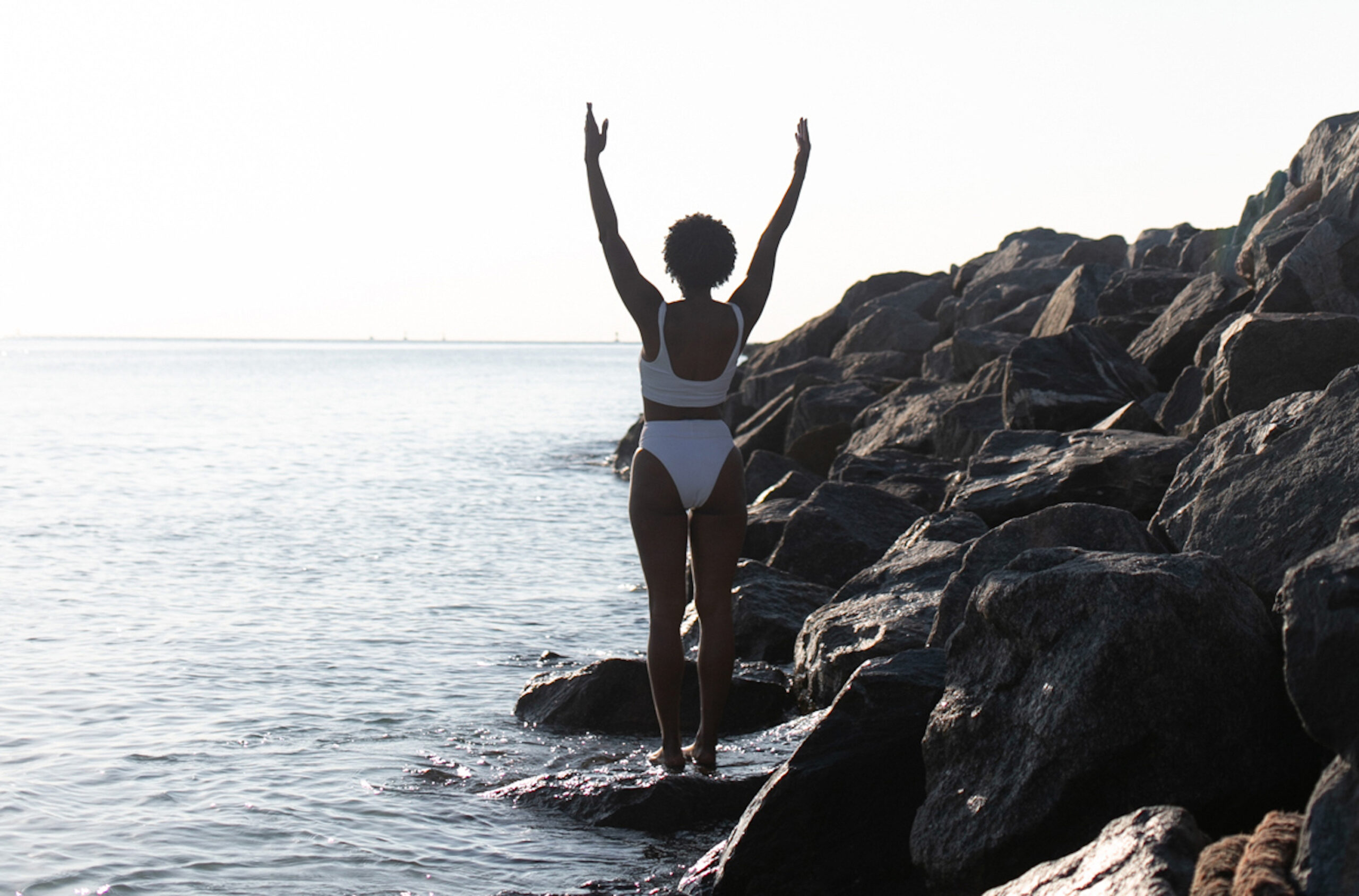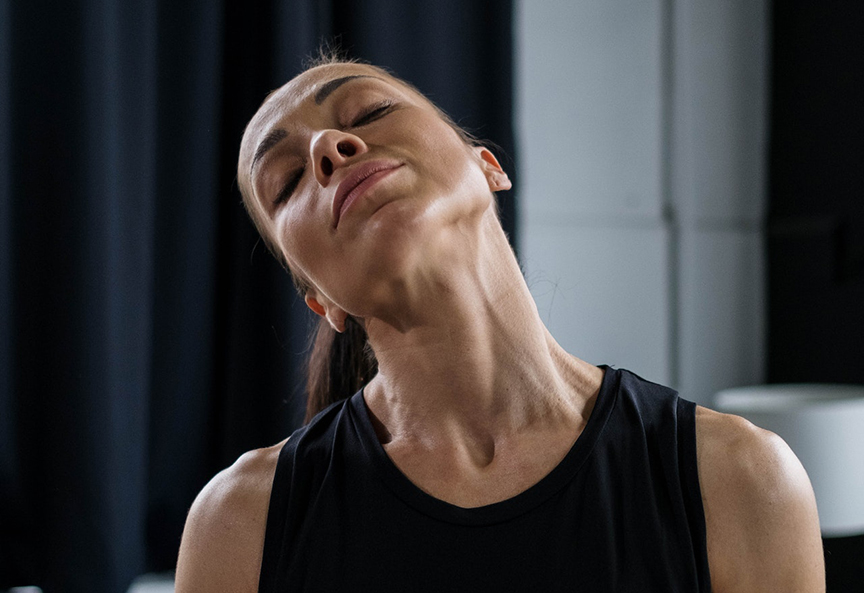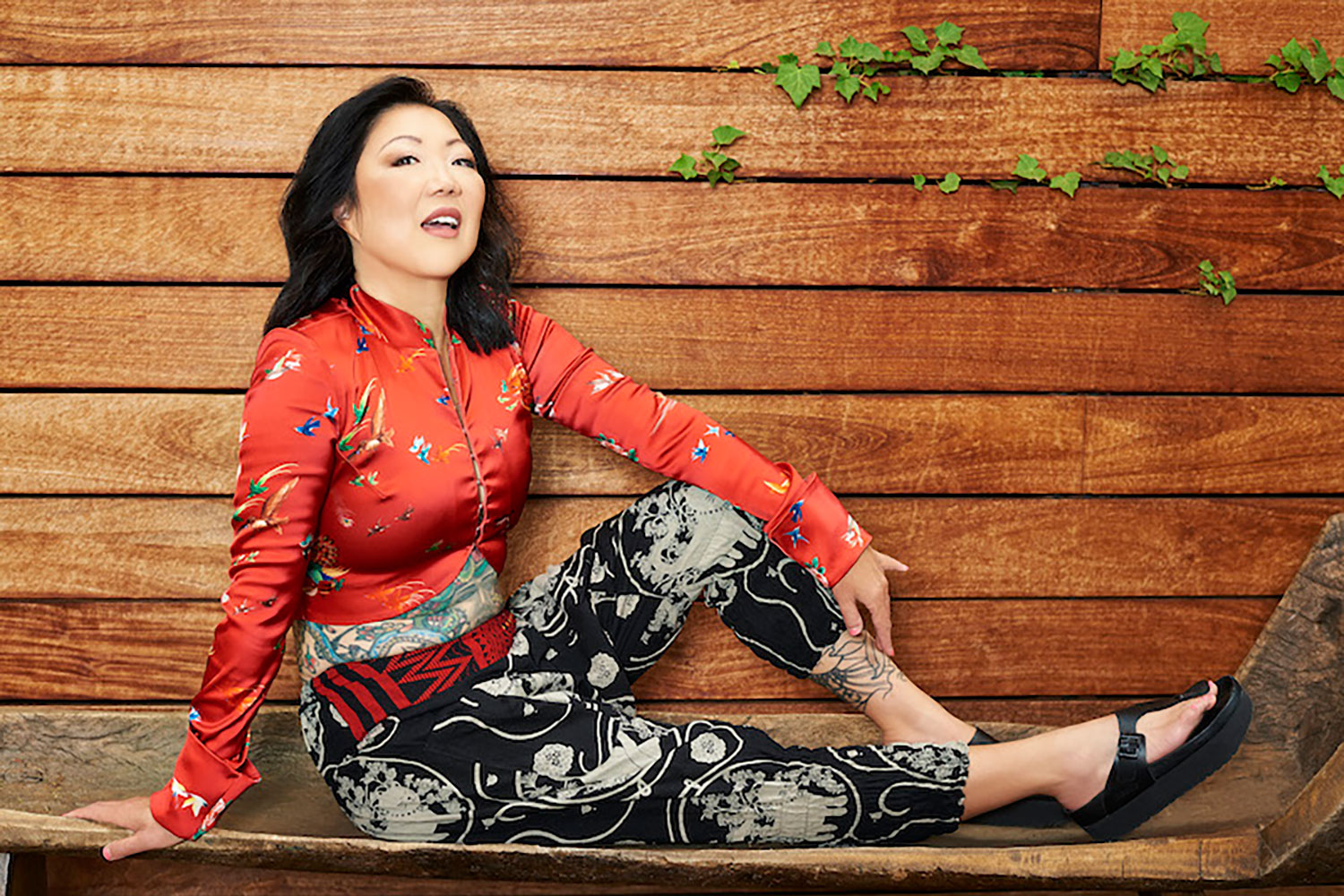
Margaret Cho is live, livid, and loving midlife freedom
I joined the church of Margaret Cho in 2002, when I picked up a copy of I’m the One That I Want, her book based on the smash off-Broadway show of the same name, fell in mad Gen X love, and inhaled whatever Cho material I could find on the still-infant Internet.
“I’m celebrating 40 years of doing my art,” she says. “It’s a show that celebrates that, but also is very heavy on trying to find a way to make sense of our lack of rights, the assault on gay rights, trans rights, and drag. To find a way to combat that, and also to survive it.”
We Zoomed with Margaret in her Los Angeles backyard to talk about touring again, what makes her livid, and the freedom she’s found in menopause.
What makes you most livid lately?
I’m so disgusted by the fact that we don’t have rights over our own bodies, and it goes all different ways — whether that’s abortion rights, rights to transition, rights to have gender-affirming care, rights to the healthcare that we need. And it becomes something like they’re trying to put these religious values on people who don’t participate in that religion, who don’t believe in that religion. It’s a really scary thing. There’s so many things, though — even the nature of Trump, the idea that we’re actually looking at a valid threat of him being president again, which is to me so awful and outrageous, but a possibility.
It’s really terrifying. So, villainization of drag queens, drag is really important. Drag is a really important part of my life and always has been. There’s a calculated attack from the right towards drag queens and towards trans people, towards any part of our community that somehow doesn’t conform to their ideas of what society should look like. It’s so upsetting. And then also Asian hate, these hate crimes against Asian people, which started around the pandemic, because of the pandemic, and still continue. There’s a million things to be mad about, but it’s also trying to find a way to be funny too, because ultimately I am an entertainer and I want to make sure that part of it is the lasting part. I want to make sure that there’s a space where it is really just about laughing, so that we can survive it.
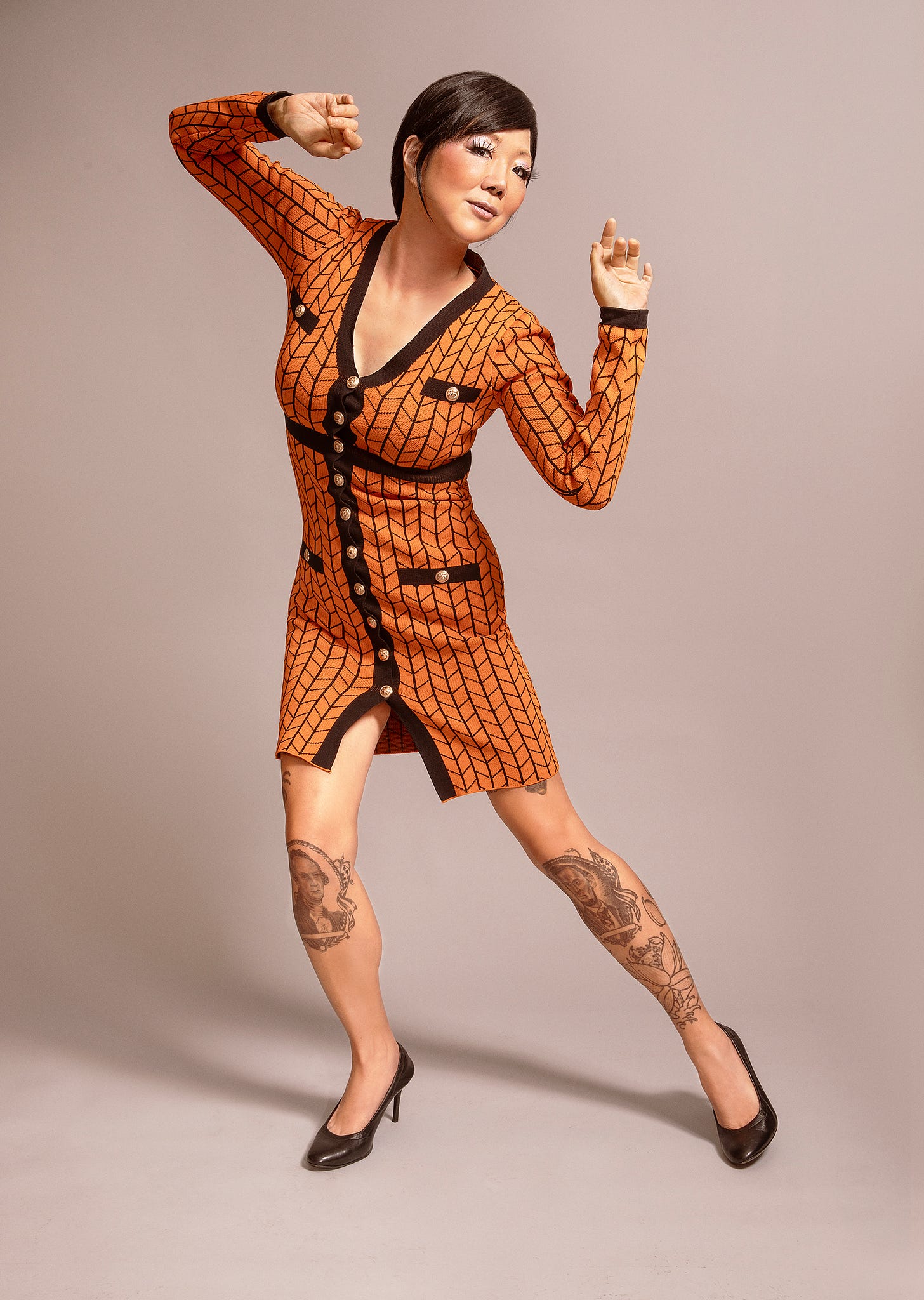
I saw a quote from you that said, “words have power, and jokes have power.” Humor has power. As a person who myself copes with humor quite a bit, what do you think your most powerful jokes are?
It’s looking at the hypocrisy of something. Like you look at these Christians who are very mad about drag, but you see Jesus Christ himself is wearing a full-length gown and duster from Chicos. That is a dress. It’s not just a dress, it’s a gown. And everybody is wearing one — all of the apostles are wearing the same kind of gown. They’re all wearing dresses. I think it’s so bizarre and hypocritical, and to look at how perverse and hyper-inappropriate Christianity is, we’re looking at the torture of a naked man in the middle of all of it. It’s like, I didn’t consent to this. It’s very non-consensual to inflict this story on me about gore and torture and in the name of this, then you actually are trying to get rid of people like myself and everybody like me.
[I think] ‘Look at you, look at yourself for one second, break it down and look at what you do.’ It’s like a weird horror gore religion, like cannibalism. It’s so weird to me. I grew up in the church, so I know firsthand how bizarre it is, and I always had a problem with it. Now that I have a choice to be away from it, I know what you do back there. It’s not cool. We had agreed to disagree, until you started trying to take away my rights.
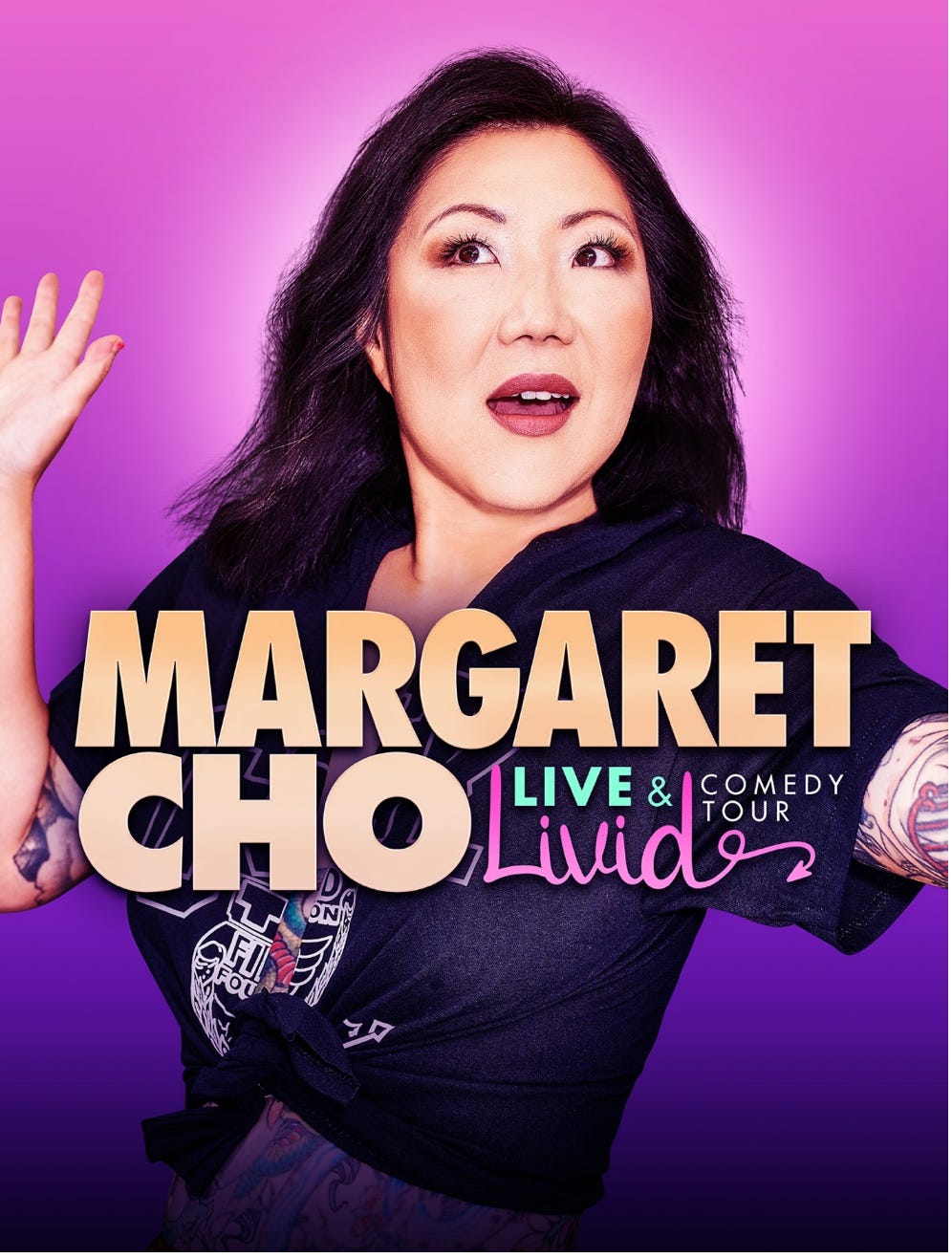
Midst readers have essentially grown up with you. I love evolution — somebody who has lived through lots of different eras and is still at it. What can you share with us about evolutionary spirit?
It’s still important to have hope. Generation X has a really nihilistic point of view, and that nothing’s going to change. Grunge and all of our artistic movements were centered around that disassociating, because we don’t think anything’s going to change, and therefore we’re not going to care. That’s not the best way to cope. I think hope is the best option. When I look at Gen Z, I see a lot of hope and activism, so I tend to look to them. They’re going to have to deal with a planet that has been so messed up by generations past. I learned from them, and I have a lot of hope from them. Ultimately, we have to embrace hope, which is a big component of laughter. Laughter is a reaction to the realization that you have hope.
Many of the personal changes in midlife can feel…not very funny. It can feel overwhelming and kind of confusing. As you move through it, how do you integrate this humor and hope with the changes that we’re all experiencing in this midlife thing?
Menopause is a great example of how the way society frames something can really change your opinion about it. Physically going through menopause as I have, I realize how great it is. I’m actually really enjoying my midlife, and menopause was a huge part of that, to really embrace this idea of, “Oh, finally my body is mine now.” I don’t have to think about the biological clock that somehow rules my emotions and my actions for most of the month. And having that removed is such a free thing now. I can actually know and check in what my real goals are, what my real ambitions are, what my real satisfactory experiences are. And sex is really great. Sex is really great because the hormonal component that made me feel crazy about relationships is gone.
So now I’m with people, partners, or not, by choice and the power of that choice, I’d never realized how much choice was driven by hormones or driven by an entity that I had no control over, like pms or whatever. And now not to have that, I’m actually so grateful. So I really love menopause and I think that people have this idea about menopause being somehow the end, or it’s over. But no, it’s just beginning. It’s another puberty where you really come into a space of becoming yourself and it’s never framed that way. And it should be. It’s the best thing.
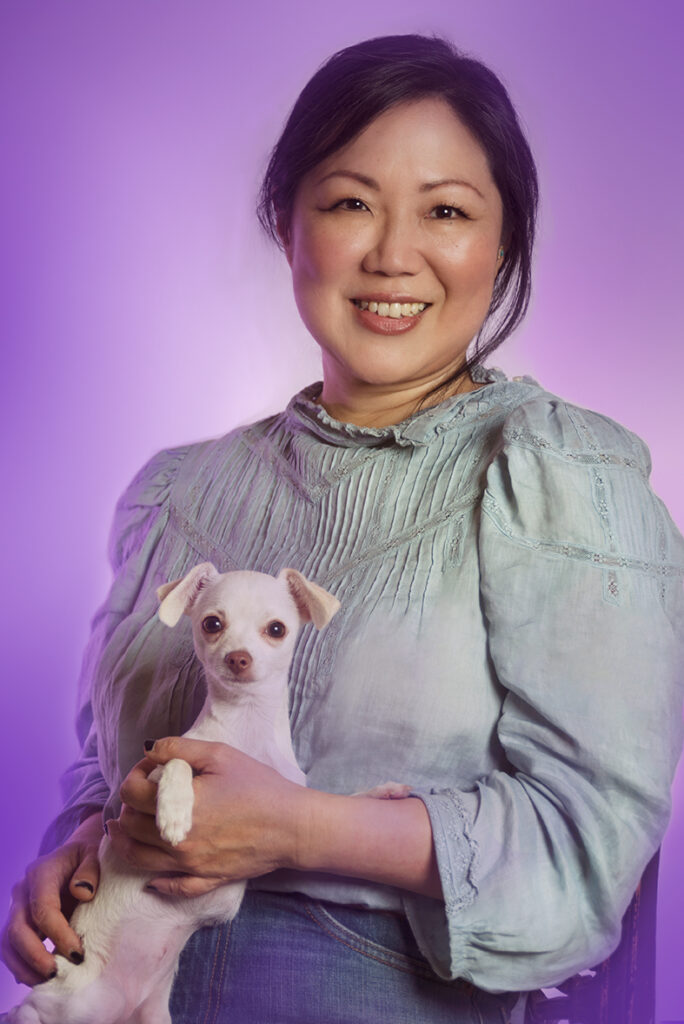
I relate to you as a person with a rich history of community and activism, and who didn’t have her own children. I’m 52 and I have not, but it was something that I was always assuming and hoped would happen. I wasn’t an intentionally child-free person. Can you speak to how that has evolved for you?
I think my life would’ve been very different if I had children. I ultimately decided not to because I just don’t want to love anybody that much, and that’s a hard choice. I see that happen with my friends and family and their kids and I’m like, ‘that doesn’t look like fun.’ I didn’t prioritize it. I didn’t prioritize being that open with my heart.
I think people look at that as being really selfish, and I don’t really care. I think that’s great. I think, “why not be selfish? Why not enjoy that?” But yeah, I think of it as a really important, also feminist, idea. We’re not just here for breeding. There’s no reason we have to think that’s the only reason to be alive. I think that’s why people put so much of a negative spin on menopause, because it’s the end of reproductive viability. But it’s the beginning of life, not underneath that quite authoritarian regime of monthly cycles where you have a period, and you have to deal with all of the emotions that come with it. To be free of it is phenomenal. I have been pretty lucky; I had really no symptoms of anything negative throughout my menopause. No real hot flashes, no depression, no irritability, nothing like that. No insomnia. I didn’t have that effect.
You often talk about Joan Rivers as your mentor and role model. There are so many cool new voices in comedy right now. Are there any folks for whom you’re emerging as that kind of mentor?
Absolutely. I think I am responsible for bringing in especially Asian American queer comedians, like Joel Kim Booster and Bowen Yang, and certainly a lot of the women like Ali Wong, Atsuko Okatsuka, Anna Akanna, Jenny Yang, Sherry Cola, and Sabrina Wu. There’s so many voices that I can directly say, “Oh, they do this because I did this.”
I’m really grateful. The best thing I could have done is to leave a legacy of “I can do this.” If I did it, you can do it, and that’s the real achievement. I don’t look at my work as ever being that great, but that I got to inspire people who do tremendous work? That is great.
“I don’t look at my work as ever being that great, but that I got to inspire people who do tremendous work? That is great.”
— Margaret Cho
Wait, there’s more! Read the rest of this interview here on The Midst Substack: The gateway drug for the modern midlife experience.
This story was originally published here on The Midst Substack.
Photos by Nick Spanos, Sergio Garcia, and Albert Sanchez.

